- Police University College
- en
- Current issues
- News item
Curriculum for the Bachelor of Police Services degree will be renewed
The new curriculum is based on a student-centered approach, reflecting the everyday professional work and narrative pedagogy that help students achieve more in-depth learning. The new curriculum will be introduced in August 2023.
In the new curriculum, learning will be linked to cases based on working life. For example, the case may be an imaginary major incident in which the police encounter various types of crime and security threats. Reflecting the everyday professional work and narrative pedagogy help students perceive situations, realize facts and issues and thus learn better.
“We are adopting a module-based curriculum in which subjects are not taught as separate entities, but as extensive interlinked themes. Key themes include preventive action, people skills and intelligence-led policing,” says Lotta Parjanen, Head of Education.
“At the end of each module, we ensure the student’s competence with the help of exercises, demonstration tests or various learning assignments. Once the students have completed the studies, they will have an overall view of the knowledge and skills required in the police profession and understand how things are interconnected.”
Three years and 180 credits
The scope of the degree, 180 credits, will remain unchanged. The new aspect is that in the future, the duration of the entire degree will be utilized, that is, the studies are planned to cover a three-year period.
During the first 18 months, police students complete the basic studies and a part of the vocational studies. The following practical training period lasts a little less than a year. In the new curriculum, the students will have six months of studies left after the practical training period.
“During this time, the students will finish their thesis and deepen their competencies. Specialization studies can be selected also from the course portfolios of other universities, and partly from the continuing education courses offered by the Police University College. Specialization may also include international projects and, for example, student exchange.
Almost all teachers involved in planning
University-level basic education for the police began in autumn 2014. This is the first time that the structures of the curriculum for the Bachelor of Police Services degree will be changed – minor updates to the content have been implemented before.
Almost all Police University College teachers, approximately 100 professionals in their field of teaching, have participated in the reform of the curriculum. In the curriculum work, also the education impact assessments made of police education, feedback from practical training period and from employers, and student feedback over a period of several years have been taken into account.
“Moreover, we requested statements on the draft for the new curriculum from both police units and the Student Union of Police University College, the Ministry of the Interior, and the Ministry of Education and Culture. The statements emphasized the importance of general competencies in policing, that is, international skills, working community skills, learning to learn and sustainable development”, Parjanen says.
Next, the new curriculum will be submitted to the Board of the Police University College for approval. From spring 2022 onwards, the implementation plan for teaching will be drawn up on the basis of the curriculum. The aim is that the new students accepted to begin studying the Bachelor of Police Services degree in August 2023 will completed their studies according to the new curriculum.
socialShareGray




